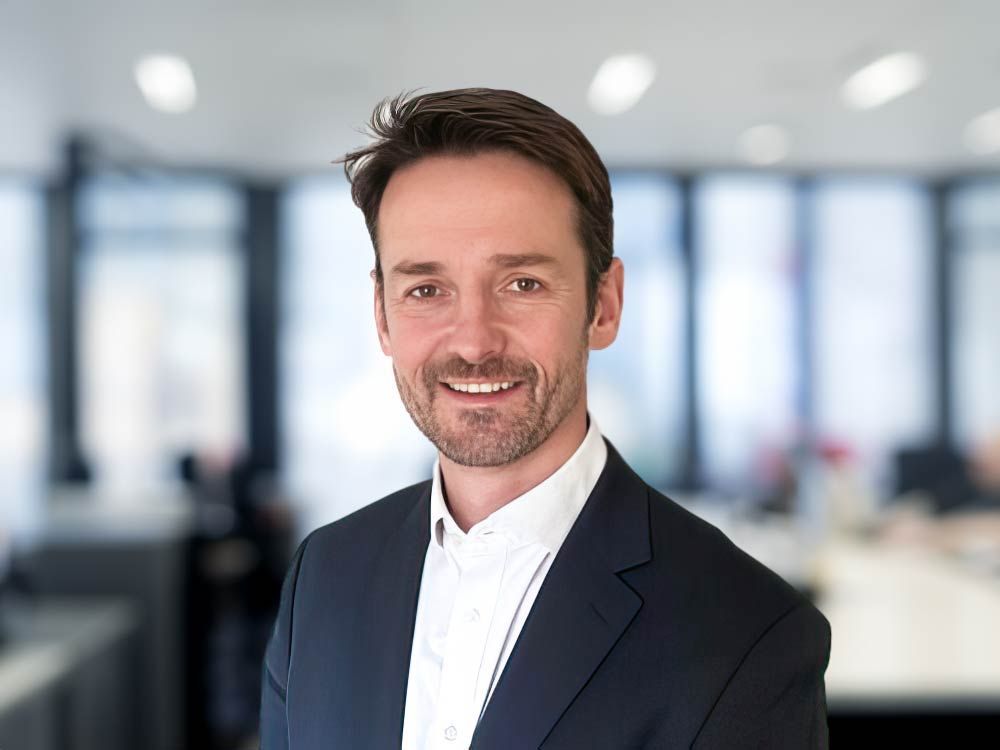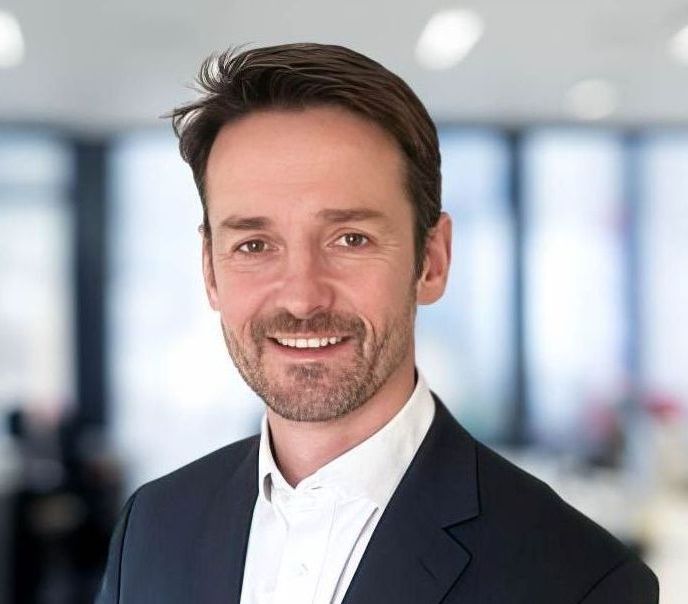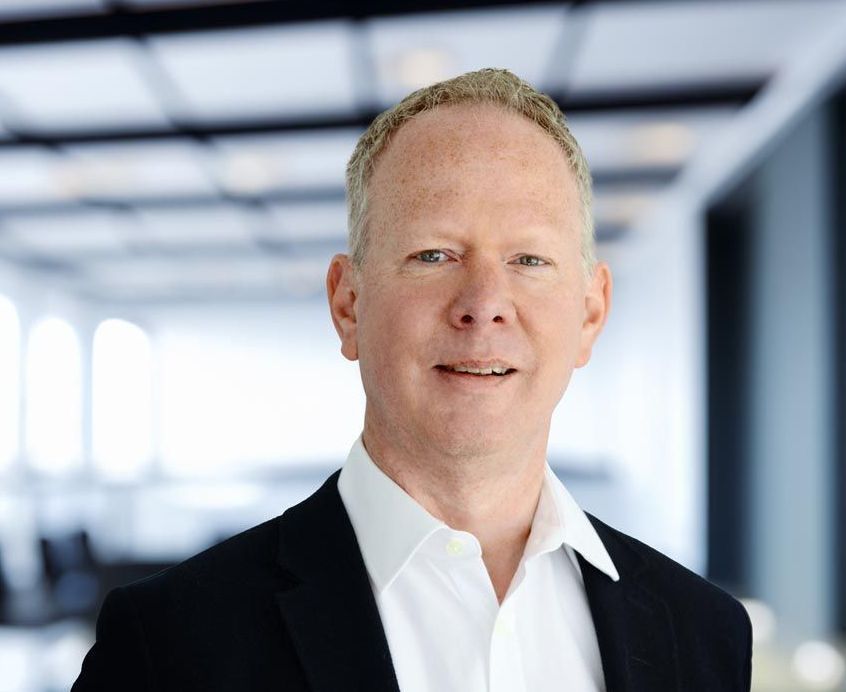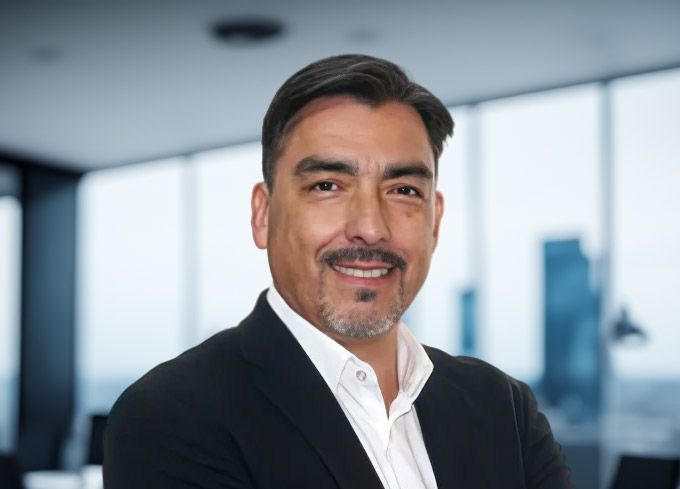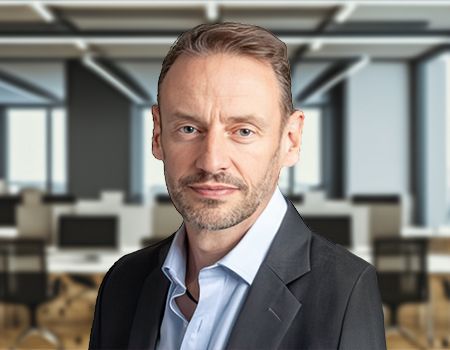Accelerate your decarbonisation with data-driven strategies
About edenseven
Our sister-consultancy dedicated to environmental impact
Our sister-company, edenseven, combines the technical and consulting expertise of Cambridge Management Consulting with decades of real-world experience in sustainability, analytics and the energy sector. They offer a tailored service that links your sustainability strategy to revenue opportunities and cost saving.
edenseven can embed the tools and processes required to set your current benchmark, produce accurate reports and analysis for stakeholders, and help directly with your
strategy and governance.
“The greatest threat to our planet is the belief that someone else will save it.”
Robert Swan, Polar Explorer
25%
Of FTSE 250 companies did not report Scope 1 and 2 emissions in 2022
37%
Of FTSE 250 companies have not stated their net-zero target date
9%
Increase in total emissions recorded by FTSE 250 companies in 2022 compared to 2021
Speak to one of our experts
How we help our clients
Our team of experts has decades of experience providing sustainable solutions to both private and public companies
Strategy
Our team will help you to create pragmatic roadmaps with measurable targets and a realistic timeframe.
Carbon
We provide visibility for your footprint as well as realistic recommendations to create a positive impact on both the environment and your revenue.
Data & Analytics
Our research and data analysts will unlock insights that help you decarbonise and identify opportunities for sustainable growth.
Energy
We assess and analyse your energy usage, create reduction plans and bespoke renewable contracting structures.
Ecosystem
We enable you to identify both current and future risks associated with your impact both today and against your on-going business plans.
Net Zero Platform
cero.earth is our in-house cloud-based software that supports your decarbonisation strategy—from measuring emissions to designing and tracking action plans.
Our
Net Zero
Platform
Introducing cero.earth
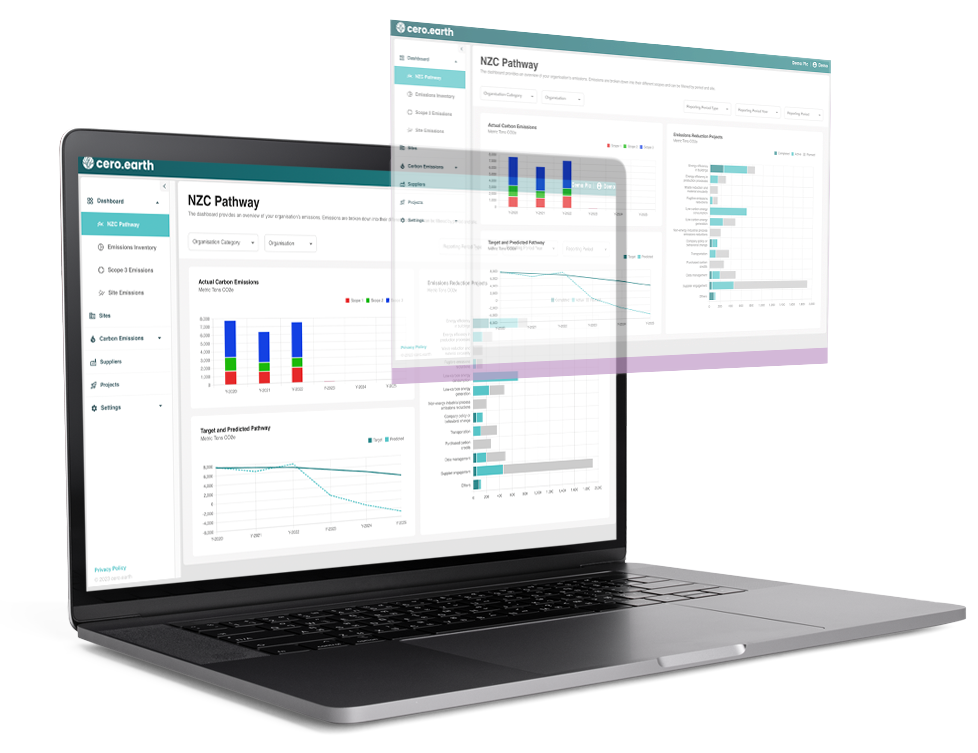
1| Data
Capture your activity data in a single, secure place
2| Insight
Understand and report your emission profile, hotspots & opportunities
3| Actions
Analyse and track your plan to decarbonise
Our Sustainability practice is led by Pete Nisbet
Managing Partner - Sustainability
Pete is the Managing Partner at edenseven. He started his career over 23 years ago working for Southern Gas within their operations team and since then has built a deep understanding of the Energy and Carbon sector, having held senior roles in operations, commodity trading and portfolio management. Pete most recently held the role of Managing Director for Mitie Energy, where he built an award-winning and market-leading business which provided Integrated Energy and Carbon Services.
The coming years are pivotal in tackling the climate change crisis. Pete believes this will be achieved through effective use of data, deployment of new technology and collaborative thinking.
Our team can be your team
Our team of experts have multiple decades of experience in energy & utilities, sustainability and data analytics—in many different business environments and across various geographies.
We can build you a specialised team with the skillset and expertise required to keep your sustainability strategy on track and on budget.
Our combination of a data-driven strategy and intelligent methodology realises sustainable growth for clients and embeds the tools, culture and knowledge to reach net zero.
SPEAK TO THE TEAM
Our Sustainability Experts
Tim Passingham
Non-Executive Director
Tim is the Chairman of Cambridge Management Consulting and Non-Executive Director of edenseven which he co-founded. He has extensive senior executive experience in the information and communications technology industry.
Case Study
Eneco
Eneco UK, a subsidiary of Eneco Group, enlisted edenseven, a subsidiary of Cambridge Management Consulting, to tackle a range of decarbonisation challenges to advance their sustainability progress. The main focus was on transitioning towards sustainable energy solutions.
Cambridge Management Consulting implemented a new customer interface, conducted a comprehensive market review, and analysed Eneco UK's customer base for future planning.
The project resulted in a successful interface deployment, precise market analysis, and enhanced customer understanding, supporting Eneco's decarbonisation journey and solar product planning.
Sustainability
Case Studies




Sustainability Insights




Get in touch with our team today
Case Studies
Our team has had the privilege of partnering with a diverse array of clients, from burgeoning startups to FTSE 100
companies. Each case study reflects our commitment to delivering tailored solutions that drive real business results.
CASE STUDIES
A little bit about Cambridge MC
Cambridge Management Consulting is a specialist consultancy drawing on an extensive global network of over 200 senior executives in 22 countries.
Our purpose is to help our clients make a better impact on the world.
ABOUT CAMBRIDGE MC








